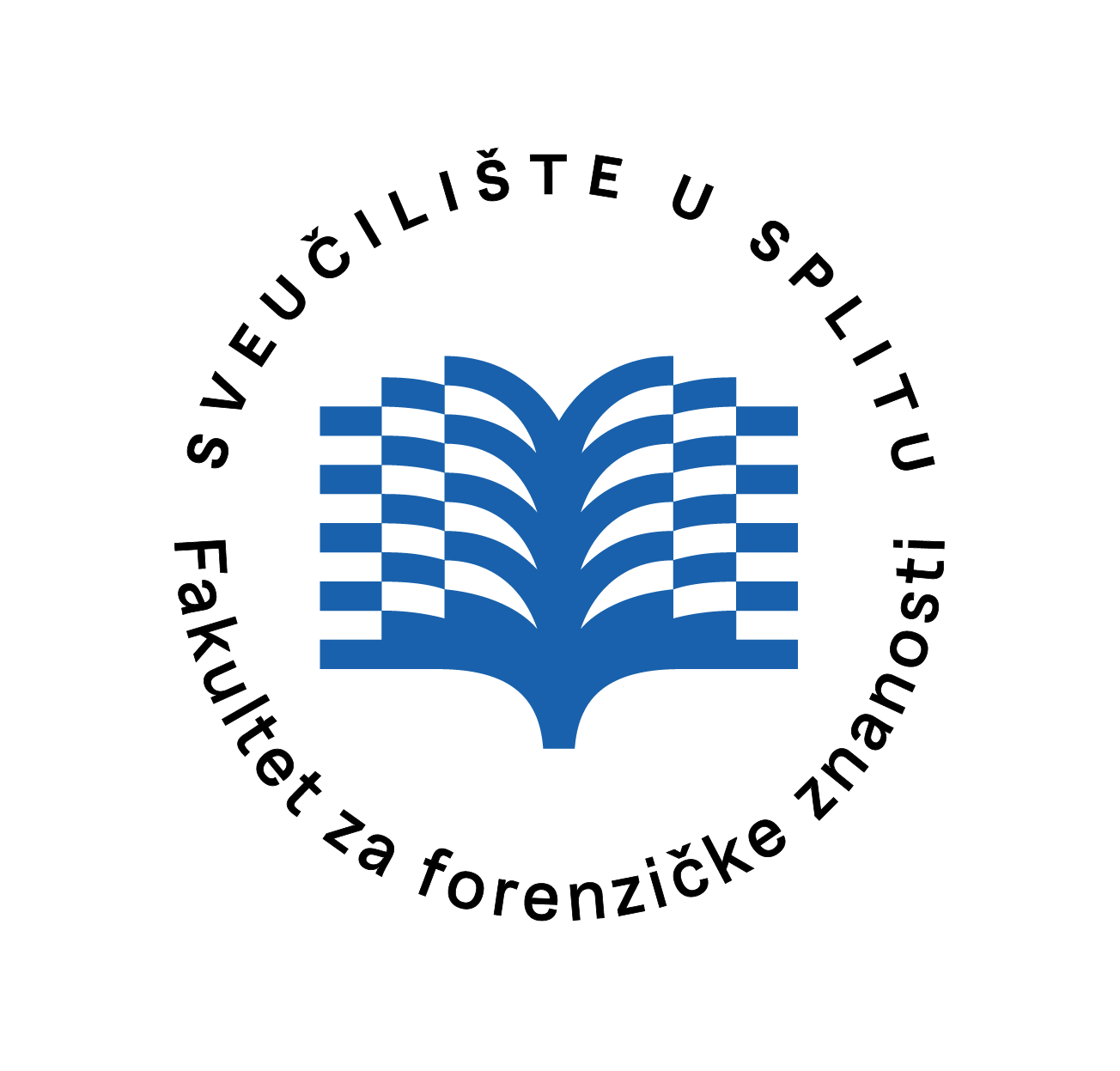High technology development is mostly based on the expansive development of computer technologies and their increasingly wide application in diverse technologically advanced products. This also shifts the crime scene into a somewhat virtual sphere, which consequently requires highly educated investigators of this area. During their education the students are expected to acquire the competencies essential for security operations in the economy and in the government bodies connected to different forms of security. Students acquire competencies by participating in various forms of education offered by top home and foreign scientists from this area. The Republic of Croatia is a country with a high share of tourism in gross domestic product. Therefore, the question of security is justifiably raised both in tourism and in other branches of the economy. The students of this module are introduced to the answers to this question. Having in mind the globalization process, the issues of systematic and organized international cooperation in the areas of global security, of fight against organized crime and terrorism, are particularly dealt with. During their studies students are therefore particularly trained in acquiring competencies fundamental for recognition and suppression of the given forms of criminal and other unwanted activities.
FORENSICS AND NATIONAL SECURITIES

FORENSICS AND NATIONAL SECURITIES
Become a security and national security expert!
We prepare students to achieve competencies important for security activities in the economy and state bodies through work related to various forms of security. Such competencies are achieved by participating in various forms of education provided by top domestic and foreign scientists in this field.
Graduate university study of Forensics can be enrolled by the students who have passed the classification procedure and have completed the appropriate study with acquired 180 ECTS credits. The candidates who have previously completed any university undergraduate or graduate study have the right to apply for the module Forensics and National Securities if they meet the following enrollment conditions:
- Completed the appropriate undergraduate university study (with acquired at least 180 ECTS credits) or integrated undergraduate and graduate university study or graduate university study
- Completed the Differential Module Forensics for students that had previously completed undergraduate professional study or specialist graduate professional study
- Positive result of a psychological test.
After completion of the study program in the duration of 2 years, i.e. four semesters, the students acquire 120 ECTS credits and the academic title of Master of Forensics.
The study program is implemented within the interdisciplinary area of science. The competences acquired, among other things, enable the students to do the following:
- Explain and apply legal regulations in forensics,
- Explain and apply code of ethics in forensics,
- Explain and apply the established processes in forensics,
- Implement scientific investigation methods in forensics,
- Manage a forensic security team,
- Create communication models in security processes,
- Predict and implement protection measures in security,
- Control information and data in forensics,
- Apply and demonstrate the results of expert investigation,
- Evaluate and model security measures in traffic systems,
- Implement computer tools and programs in procedures of forensic analysis.
DIFFERENTIAL
The University graduate study of Forensic is implemented at the University Department for Forensic Sciences. It represents interdisciplinary areas common to all the scientific areas and branches in line with advances of science and the requirements of the judiciary.
Some of the given undergraduate and graduate studies are implemented exclusively on the professional level and candidates from these studies cannot directly continue education at our graduate study of Forensics.
In order to provide further education and training of students of undergraduate and graduate professional studies at the University of Split, The University Department of Forensic Sciences has brought this plan and program of the differential module (differential exams), whereas the fundamentals for making this differential module plan are stated in further text.
Higher education in the Republic of Croatia is implemented on professional and on university levels. On the basis of article 77, item 5 of the Law on Scientific Activity and Higher Education (N.N. 123/03., 198/03., 105/04., 174/04., 02/07., 46/07., 45/09., 63/11., 94/13., 139/13., 101/14., 60/15., 131/17.), „Persons who have completed undergraduate professional study can apply for enrollment at a graduate university study in accordance with the general act of the University implementing that study, whereby their choice of enrollment can be conditioned by taking the competence exam during the classification procedure and/or by differential exams at the beginning of the study program in the status of either full-time or part-time student.”
Classes will be organized during the academic year. Exams need to be passed by the date of the classification procedure for the academic year in which the students wish to enroll in the Graduate University Study.
In addition to classical way of education, we also envisage implementation of distance learning. E-learning enables the candidates to participate in quality teaching regardless of distance, schedule, and similar life circumstances.
This program is intended primarily for students of professional studies who after acquiring the professional title of professional bachelor intend to continue higher education at the Graduate level at the University Department of Forensic Sciences at the University of Split.
OPĆENITO
STUDY
Degree of study programme
Graduate study
ECTS points
120
Academic title
Master of forensic science/ Master of forensics
ADDRESS
University Department of Forensic Sciences
Ruđera Boškovića 33, 21000 Split
Phone
021 510 180
forenzika@unist.hr
CONTACT
Module coordinator
Dragan Primorac, PhD, full professor
Vice module coordinator
Tonći Prodan, PhD, assistant professor
